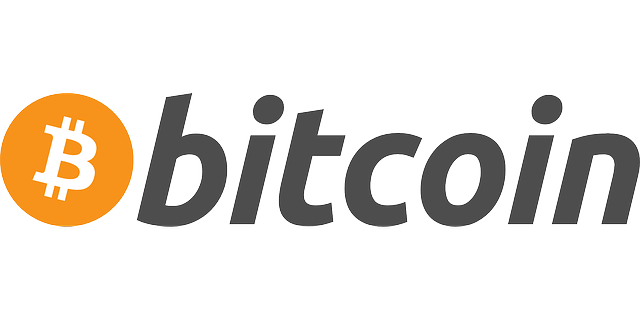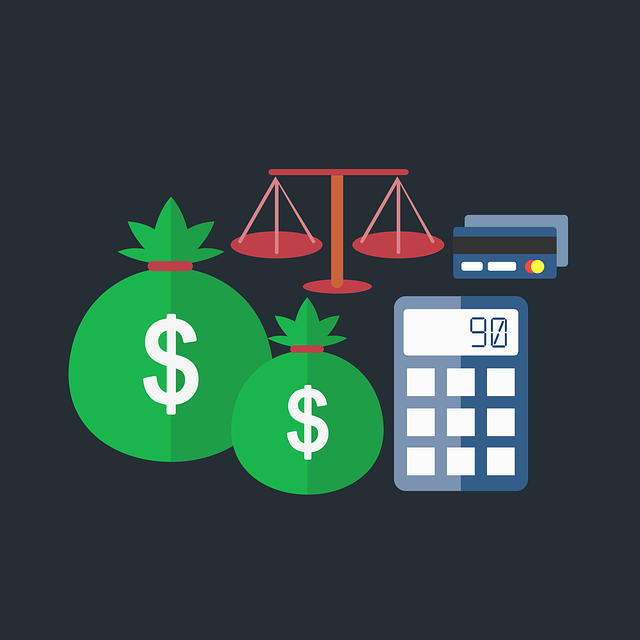Peer-to-peer (P2P) income proof is a revolutionary concept in car title loans, offering individuals without traditional employment or documentation a faster and more accessible funding option. Driven by the digital landscape and advancements in data verification technologies, P2P platforms connect borrowers directly with lenders, eliminating intermediaries. This method uses algorithms, peer recommendations, and non-traditional factors to assess financial health, streamlining loan processes and fostering inclusivity. While offering convenience and speed, challenges include data accuracy, variable loan terms, and the need for collateral, requiring careful consideration of associated risks.
In today’s digital age, peer-to-peer (P2P) platforms have emerged as powerful tools for financial transactions, reshaping traditional lending models. As a result, lenders are increasingly accepting P2P income as legitimate proof for loan applications, especially in the case of alternative financing options like car title loans. This shift highlights the evolving landscape of income verification, where digital evidence is gaining recognition alongside more conventional methods. The following article explores this trend, delving into the rise of P2P income as a viable alternative to traditional income proofs and its implications for lenders and borrowers alike.
- Understanding Peer-to-Peer Income and Its Rise as an Alternative Proof
- How Lenders Are Embracing P2P Income for Loan Verification
- Benefits and Challenges of Using Peer-to-Peer Income as Income Proof Alternatives
Understanding Peer-to-Peer Income and Its Rise as an Alternative Proof

Peer-to-peer (P2P) income has emerged as a revolutionary concept in the financial sector, offering individuals an alternative proof of income option, especially for those who may not have traditional employment or struggle to provide conventional documentation. This innovative system connects borrowers directly with lenders, eliminating many of the intermediaries often involved in loan processes. As a result, it provides a faster and more accessible way to secure funding, particularly for car title loan applicants.
The rise of P2P income as an accepted proof alternative is partly due to the evolving digital landscape and advancements in data verification technologies. These platforms leverage sophisticated algorithms and vehicle inspection reports to assess a borrower’s financial health and stability, thereby facilitating quick approval and funding processes. This method promises convenience, speed, and flexibility for borrowers while offering lenders a diverse pool of potential clients.
How Lenders Are Embracing P2P Income for Loan Verification

In recent years, lenders are increasingly embracing Peer-to-Peer (P2P) income as viable proof alternatives for loan verification, marking a significant shift in the traditional lending landscape. This change is driven by the evolving digital financial market and the need to accommodate diverse borrower profiles, particularly those who might not have a conventional credit history. With car title loans becoming a popular option for fast cash, P2P income proof offers a no-credit-check solution that streamlines the loan payoff process.
Lenders are leveraging advanced data analytics and digital platforms to assess borrowers’ financial health based on their P2P earnings, peer recommendations, and other non-traditional factors. This approach allows them to extend loans more efficiently while mitigating risk, especially for borrowers seeking quick financial solutions. By accepting P2P income as a valid form of verification, lenders are not only catering to the growing demand for convenient loan options but also fostering inclusivity in access to capital.
Benefits and Challenges of Using Peer-to-Peer Income as Income Proof Alternatives

The use of peer-to-peer income as alternatives to traditional Car title loan income proof has emerged as a game-changer in the lending industry. This innovative approach offers several advantages, particularly for borrowers who may struggle to provide conventional financial documentation. By leveraging online platforms and digital verification methods, lenders can now assess applicants’ income streams more efficiently. Peer-to-peer systems allow individuals to share their earnings transparently, enabling quicker loan decisions based on verifiable income sources. This method is especially beneficial for those engaged in gig economies or non-traditional work, who might not have extensive credit histories.
However, challenges accompany this new trend. Ensuring the accuracy and legitimacy of peer-to-peer income data can be difficult. Borrowers must provide valid and up-to-date information to maintain trust and transparency. Additionally, loan terms and interest rates in peer-to-peer Car title loans may differ from those offered by traditional lenders, with potential implications for borrowers’ financial health. Secured loans, like car title loans, require borrowers to put up collateral, which could be a concern for those relying on peer-to-peer income proof alternatives as a last resort.
As peer-to-peer (P2P) income emerges as a viable option for lenders seeking alternative proof of earnings, especially in the context of car title loans, it’s clear that this trend is here to stay. The benefits of using P2P income as income proof alternatives, such as increased accessibility and faster verification, are compelling. However, challenges like data accuracy and regulatory concerns require careful navigation. With the right strategies in place, lenders can leverage P2P income to offer more flexible financing options while mitigating risks, ultimately fostering a more inclusive financial landscape.






